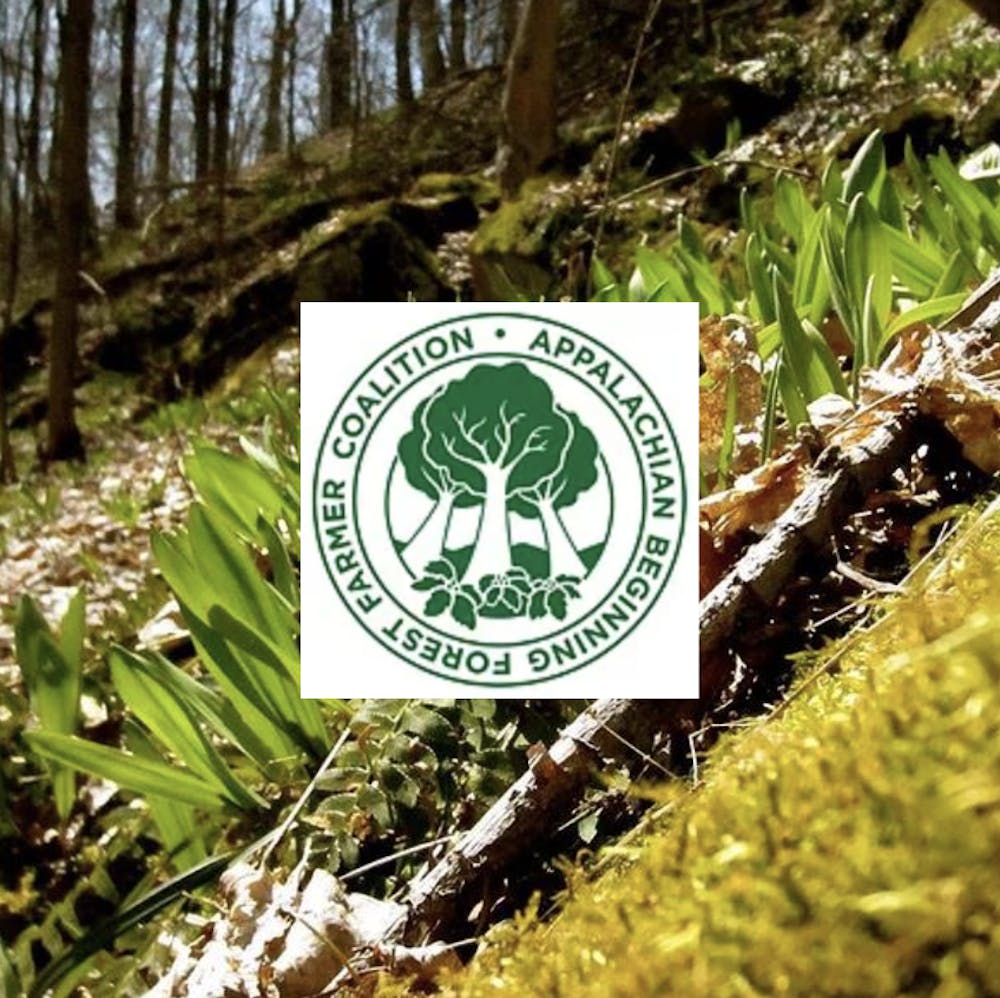Southeast Ohio is full of forests and opportunities for community members to benefit from cultivating local resources.
Put on by the Appalachian Beginning Forest Farmer Coalition, the Southern Ohio Forest Farming Conference is set to take place at United Plant Savers in Rutland, Ohio from Friday at 4 p.m. to Sunday at 12 p.m.
“We'll be focusing on a variety of high value products that are commonly produced in the forest,” Tanner Filyaw, forestry and propagation manager of United Plant Savers, said. “Predominantly edible and medicinal plant species and fungi.”
Filyaw said there will be classes on cultivating ginseng and goldenseal, which are two of the most popular and in demand medicinal plant species. There will also be a mushroom inoculation demonstration.
“We're always looking to reach private forest landowners,” Filyaw said. “Folks that own a small to large amount of forest lands. Also folks who are agriculturally inclined might be interested in doing more types of market farming and that type of enterprise.”
The conference will also hear from keynote speaker Bob Beyfuss, an independent agroforestry consultant. His presentation will cover income opportunities from forested land.
“Most people think when they think of obtaining income from forested land, it's coming from timber, which is something we did not want to promote,” Andrea Miller, sustainable forestry program manager of Rural Action, said. “We sample forestry to promote the production of non-timber forest products, species such as goldenseal, ramps, ginseng and black cohosh.”
Filyaw said many species in Appalachia have been harvested for several hundred years and those populations have declined significantly.
“A lot of these plants are considered at risk or threatened,” Filyaw said. “Teaching people to grow them to help supply the market with cultivated material is a really important aspect of forest farming.”
Edward Fletcher, president of Native Botanicals, which is one of the contributors to the conference, said if people know how to supply herbs sustainably, they can make a decent supplemental income.
“If you’ve got a day job, and you depend on an income, don’t quit your day job,” Fletcher said. “But there is good supplemental income in this kind of business. It's not a get rich program, it's just something that enriches you as you supply the material and learn the crops and get out amongst them.”
Fletcher has previously taught classes in the region and said he still buys products from people in the area.
“I've taught some propagation classes, how to propagate and plan in the woods and I'll be anxious to see the results on that,” Fletcher said. “I hope it's enlightening them every year to whatever the topic I've been speaking on.






